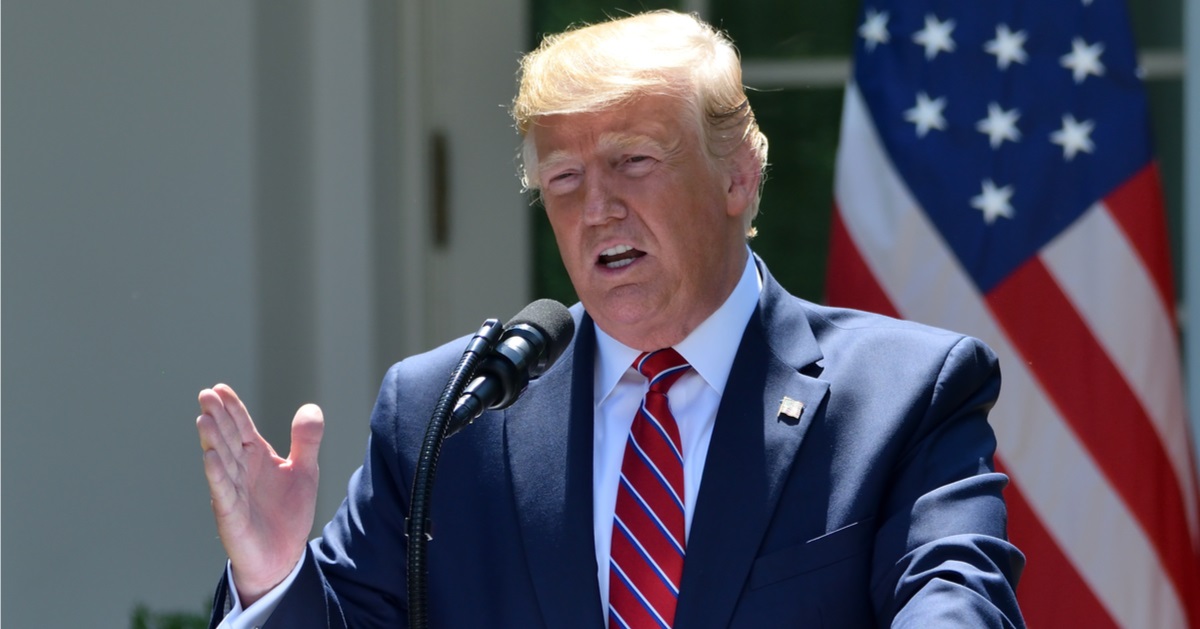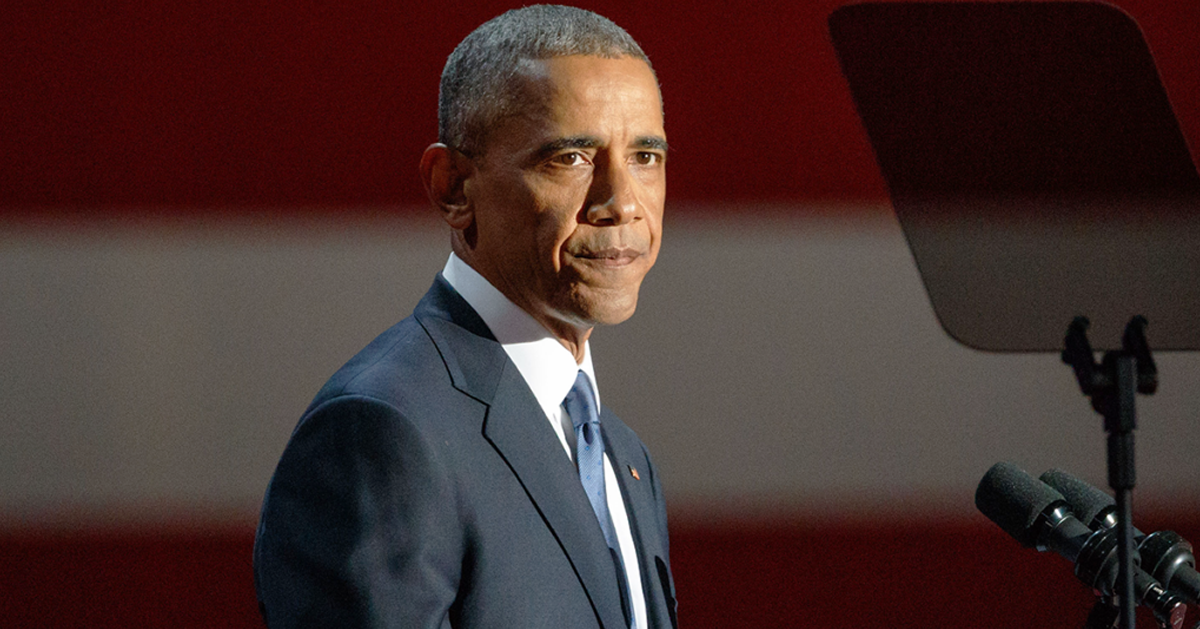Baltimore widow backs Trump’s National Guard plan for crime
A Maryland woman’s raw grief over her husband’s unsolved murder has fueled her public support for President Donald Trump’s bold plan to send the National Guard to tame Baltimore’s crime surge, the Daily Caller reported.
Appearing on Don Lemon’s YouTube livestream, the widow endorsed Trump’s proposal to deploy the National Guard to Baltimore, where 91 murders and 218 nonfatal shootings have scarred the city in 2025, while D.C.’s similar deployment has slashed carjackings by 87%.
Two years ago, her husband was killed in a carjacking outside their home, a tragedy that remains unresolved.
Tragic Loss Fuels Woman’s Stance
“It was a carjacking gone wrong and they shot him in his head. Killed him instantly … but again, our lovely mayor didn’t do nothing,” she told Lemon.
Her pointed jab at Baltimore’s mayor reflects a frustration that local leadership has failed to deliver justice or safety.
Yet, her call for action isn’t just personal—it’s a cry for a city drowning in progressive promises that haven’t curbed the bloodshed.
Criticism of Local Leadership
“I’ve been a resident of Maryland all my life, so I think it would help some,” she added, voicing hope in Trump’s National Guard strategy. Her words suggest a belief that federal intervention might succeed where local efforts have stalled, though some may see it as a blunt tool for a complex problem.
Baltimore’s Mayor Brandon Scott reported the city’s grim 2025 crime stats, underscoring the urgency felt by residents like the widow.
Baltimore’s Ongoing Crime Crisis
Meanwhile, Maryland’s Democratic Gov. Wes Moore has pushed back against deploying the National Guard to fight Baltimore’s crime wave.
Moore’s stance prioritizes local control, but critics argue it dismisses the desperation of citizens craving real solutions over political posturing.
Trump, undeterred, has already flexed federal muscle elsewhere, deploying the National Guard to Washington, D.C., on August 11 under the District of Columbia Home Rule Act.
Trump’s D.C. Deployment Sets Precedent
D.C. Mayor Muriel Bowser, initially skeptical, praised the results at an August 27 press conference, noting an 87% drop in carjackings during the federal surge.
“We greatly appreciate the surge of officers that enhance what MPD has been able to do in this city … for carjackings, the difference between this 20-day period of this federal surge, and last year represents an 87% reduction in carjackings in Washington, D.C.,” Bowser said.
While Bowser’s turnaround shows pragmatic gratitude, it subtly exposes the limits of local policing without federal backup.
D.C.’s Success Highlights Federal Impact
An executive order continues the federal presence in D.C., where 92 arrests, including 40 unauthorized migrants, were made on a single night for various crimes, including violent offenses. This crackdown suggests Trump’s approach can yield results, though it raises questions about balancing federal power with local autonomy.
Trump has also floated deploying the National Guard to Chicago, signaling a broader strategy to confront urban violence head-on.
Broader Implications of Trump’s Strategy
The widow’s plea, “Yes. I want justice,” resonates as a demand for accountability that local leaders haven’t met. Her support for Trump’s plan isn’t blind allegiance but a rational response to a city where crime stats tell a story of failure.
Still, Moore’s opposition reflects a valid concern that militarized solutions might oversimplify Baltimore’s deep-rooted issues.
Trump’s D.C. success, with its dramatic carjacking reduction, offers a compelling case for federal intervention when local efforts falter. Yet, the widow’s story reminds us that behind every statistic are real lives shattered by inaction, begging for solutions that cut through ideological haze.
Baltimore’s debate over the National Guard pits practical results against local pride, but for residents like the widow, justice delayed is justice denied.




